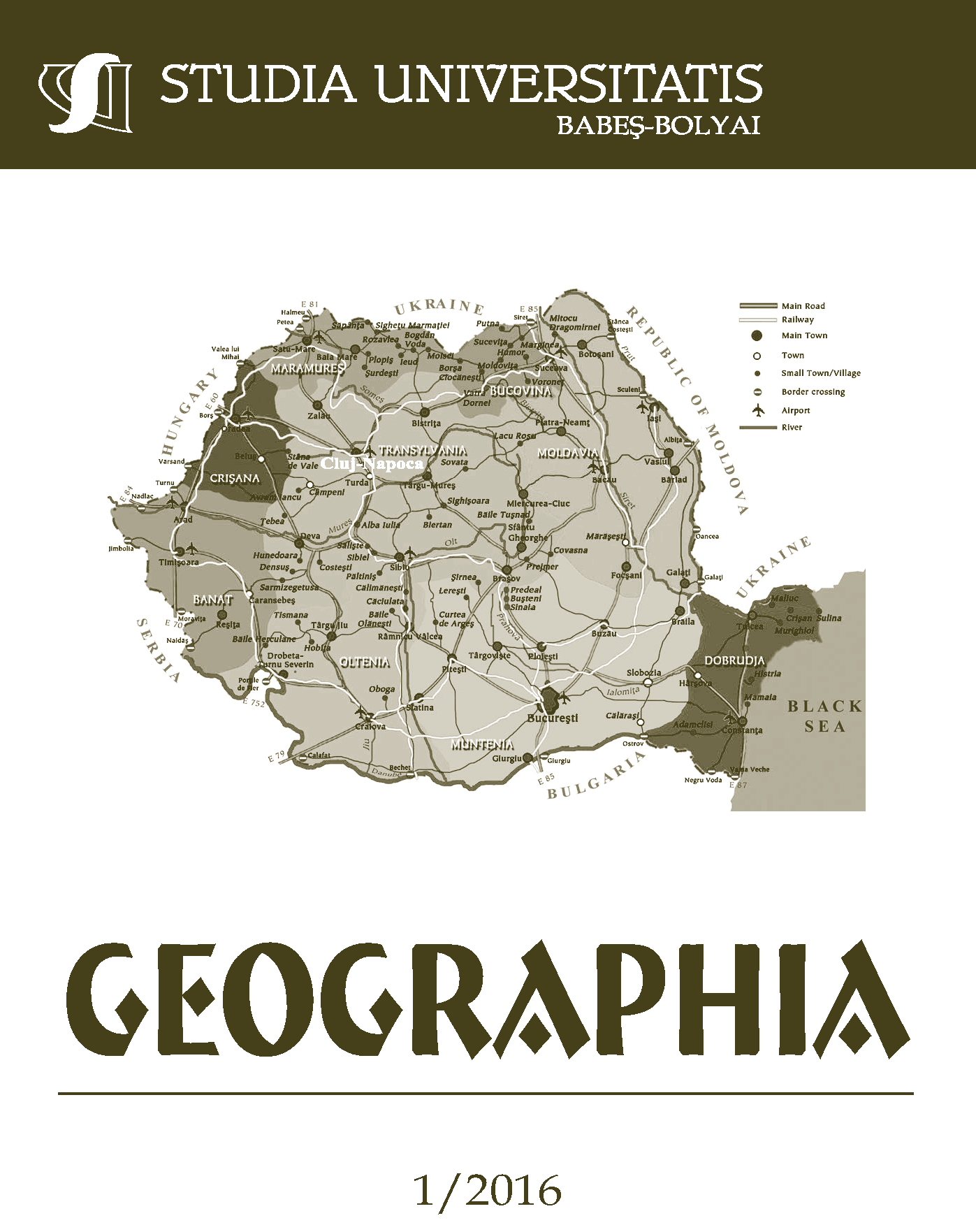ENGLISH AS A FOREIGN LANGUAGE. WHAT CHALLENGES DO TEACHERS OF ENGLISH FACE?
Keywords:
global English, language varieties, textbooks, cultural background, pronunciation.Abstract
English as a Foreign Language. What Challenges Do Teachers of English Face? The article undertakes to suggest ways in which English as a foreign language should be taught as a consequence of English becoming a global language and its being spoken in different parts of the world. The article goes out from three prerequisites: David Crystal’s statement that the ‘the greatest challenge for the teachers’ is that ‘they must keep pace with the language change, given that languages change so fast’(2013), it is studied and used everywhere in the world, and the need to eliminate the mismatch between the language taught in the classroom and the language spoken by natives or in professional environments. The present study is focused on the discussion of textbooks, the variety of English to be taught, cultural background, and pronunciation issues.
References
Chira, D. (2005), Aspects of English Lexicology, Clusium.
Cook, G. (1989), Discourse, Oxford University Press.
Cook, G. (2000), Language play, language learning, Oxford University Press.
Crystal, D. (1978), Advanced conversational English, Longman.
Crystal, D. (1994), An encyclopedic dictionary of language and languages, Penguin Books.
Crystal, D. (2012), English as a Global Language, Cambridge University Press.
Goddard, C. and Wierzbicka, Anna (1997) Discourse and culture, in Discourse as social interaction, Sage Publications.
Hutchinson, T. and Waters, A. (1987), English for Specific Purposes: A learning-centered approach, Cambridge University Press, Cambridge.
Hymes, D. (1972a), On communicative competence, in Pride, J.B. and Holmes, J. (eds) Sociolinguistics: Selected Readings, Penguin Books, Harmondsworth, p. 269-93.
Hymes, D. (1972b) Models of the integration of language and social life, in Gumperz, J.J. and Hymes, D. (eds), Directions in Sociolinguistics: The Ethnography of Communication, Holt, Rinehart and Winston, New York, p. 35-71.
Irimiea, Silvia and Bradea, Livia (2009), Teaching English for Tourism at the Centre for Tourism Training: Course Design and Evaluation, Studia UBB Geographia, LIV, 1/2009, p. 209-216.
Irimiea, Silvia (2008), Tracing the Evolution of English for Tourism Purposes at the Faculty of Geography, Studia UBB Geographia, LIII, 2, pg 163-170.
Robinson, P. (1991), ESP Today: A Practitioner's Guide, Prentice Hall, New York & London.
Stern, H.H. (1983), Fundamental Concepts of Language Teaching, Oxford University Press.
Trimble, L. (1985), English for Science and Technology. A Discourse Approach, Cambridge University Press, Cambridge.
Van Dijk, T. A. (1997), Discourse as social interaction, Sage Publications.
Online sources
Crystal, David – Will English Always Be the Global Language?; The Effect of New Technologies on English – Video Interviews in Belgrade, 2013 (https://www.youtube.com/watch?v=5Kvs8SxN8mc)
Crystal, David – Documentary British Council – History of the English Language, 1943 (https://www.youtube.com/watch?v=_fJiHmR85cU)
Crystal, David – Documentary British Council – What do you most enjoy about the English language? 2013 (https://www.youtube.com/watch?v=SqkIv79KBTw)
Crystal, David – Documentary British Council – World Englishes, 2013 (https://www.youtube.com/watch?v=2_q9b9YqGRY)
Crystal, David – Documentary British Council – The Biggest Challenges for Teachers, 2013 (https://www.youtube.com/watch?v=ItODnX5geCM)
Crystal, David – Documentary British Council – The Effect of New Technologies on English, 2013 (https://www.youtube.com/watch?v=qVqcoB798Is)
Downloads
Published
How to Cite
Issue
Section
License
Copyright (c) 2016 Studia Universitatis Babeș-Bolyai Geographia

This work is licensed under a Creative Commons Attribution-NonCommercial-NoDerivatives 4.0 International License.


 ©Studia Universitatis Babeş-Bolyai Geographia. Published by Babeș-Bolyai University.
©Studia Universitatis Babeş-Bolyai Geographia. Published by Babeș-Bolyai University.